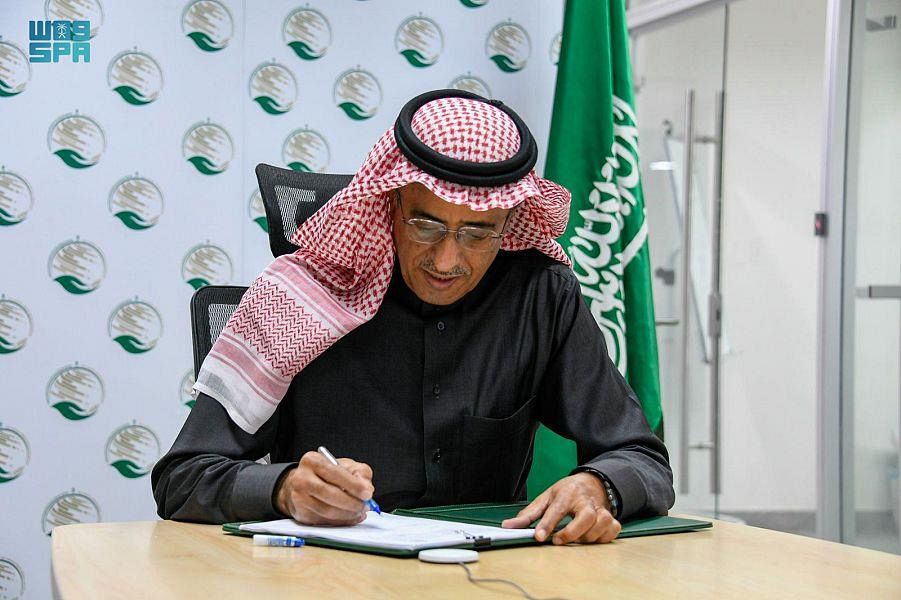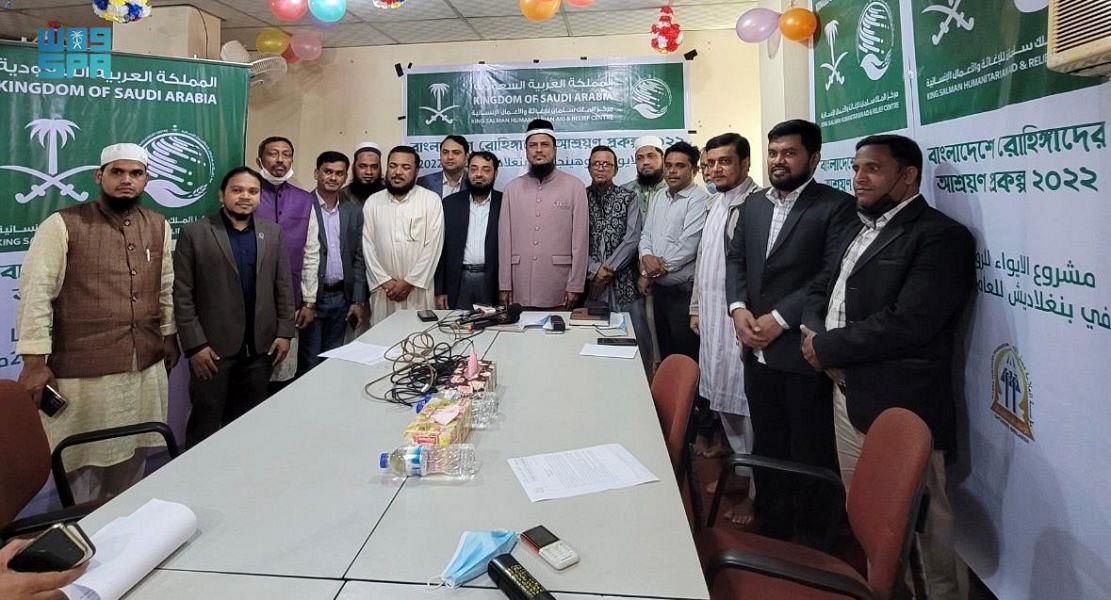
Rohingya refugees whose relatives, including children, have been stranded for weeks on cramped boats have urged international governments to act before they perish at sea.
Two boats carrying around 500 people were last spotted off Bangladesh about a week ago, but are believed to have returned to the high seas. The refugees on board, who were fleeing desperate conditions in camps in Bangladesh, had attempted to reach Malaysia but appear to have been turned away. Bangladesh has also said it will not allow the boats to dock.
Mohammed, a father who has lived in the camps in Bangladesh since 2017, when more than 700,000 Rohingya fled a brutal military crackdown in Myanmar, believes his 13-year-old son is among those stranded. His son went missing 51 days ago, but later phoned to say that he would be taking a boat with friends to Malaysia.
Mohammed has since seen a video, shared on Facebook, in which he recognised his son onboard a packed boat. “He looked hungry and he had become very thin,” Mohammed said. “There is no way to get information about the boat. Whether he is alive or not is totally unknown.”
After two and a half years living in the sprawling camps in Cox’s Bazar, where about 1 million Rohingya refugees are sheltering, Mohammed said he believes his son had become desperate. “He cannot access education here in the camp. There are no jobs, there’s no available income here for our boys,” he said.
He had not known that his son planned to make the journey, he added.
Mohib Ullah, chairman of the Arakan Rohingya Society for Peace and Human Rights, a community group, said he was aware of at least 20 families who were missing relatives. “Every day families are coming and crying in my office,” he said. “They are people of the camp, so they have a right to return to the camp.”
Among those fearing for their loved ones is Razaul, who believes his brother, his sister-in-law and their two children, aged six and eight, are also at sea. He went to visit them in March and was told by neighbours that they had left to go to Malaysia. They have been missing for 53 days.
“I have only one message. My question to the UN and to the government of Bangladesh and others is to allow the boats to come in,” he said. “They can save their lives.”
Last month, the Bangladesh authorities rescued a separate ship, allowing about 400 emaciated people, mostly teenagers, to come ashore after spending two harrowing months at sea.
Passengers were starved and beaten by traffickers, according to the charity Médecins Sans Frontières, which treated survivors. More than 70 people may have died on the boat, it has been reported, though no official death toll has been announced. One of the survivors told the Guardian after disembarking, that, as the boat ran out of both food and water, the bodies of other refugees were thrown into the sea.
It is believed that as many as three boats remain stranded, though their location is unclear.
Rohingya refugees, who are unable to return to Myanmar and desperate to escape the hopeless conditions in Bangladesh, are preyed upon by traffickers who charge large sums in exchange for the promise of a better life in Malaysia.
Mohib Ullah fears those on board may be abused by traffickers. “It is too bad, too bad to explain what we are hearing from people,” he said of the conditions on other ships.
Right groups accuse Malaysia, where there has been a rise in xenophobic rhetoric, of using Covid-19 as an excuse to turn back refugees. The country has recently turned away at least two boats.
Bangladesh’s foreign minister, Abdul Momen, has also refused to rescue the boats. The country was already doing far more to support Rohingya than others in the region, he said last week.
Amnesty International said governments should stop pointing at one another and act quickly. “Countries must immediately begin search and rescue operations for the boats,” said Saad Hammadi, the group’s south Asia campaigner, who called on leaders to show compassion before those on board die at sea.








